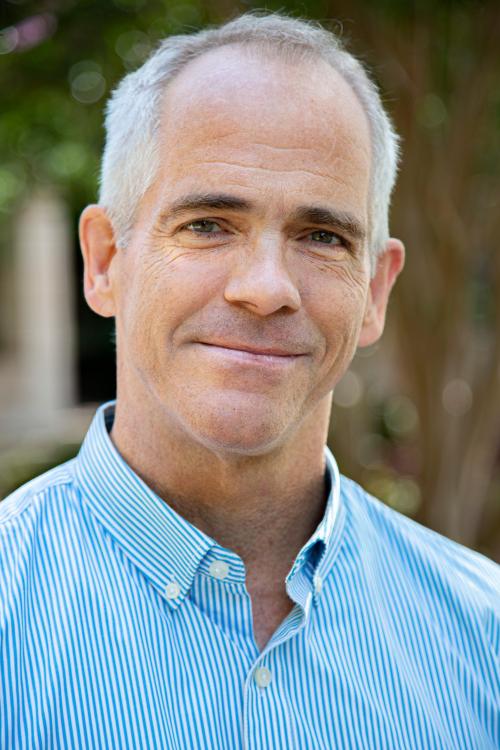
Alex Pfaff talks to The Economic Times on how policy can help restore ecology
The professor of public policy, economics and environment and DCID faculty affiliate was interviewed by The Economic Times regarding his work on conservation in South American rainforests and the economic impacts of ecological sustainability.
In an interview with The Economic Times, Alex Pfaff discusses factors shaping effective green strategies.

The professor of public policy, economics and environment and Duke Center for International Development affiliate researches policy interventions that bring both environmental and livelihoods gains in developing economies.
In the March 14 article “From debt relief for nature to the biggest environmental beneficiaries paying more for its preservation, policy can help restore ecology,” Pfaff shared, “We must remember that you can impose a policy — but local individuals have a lot of agency. If conservation actions don’t offer local development, they are likely to fail. Impactful conservation actions tend to be much more consistent with local development benefits.”
When asked how a balance between short-term economic gains versus long-term ecological damage can be achieved, he replied: “Producing goods requires materials — so, nature will be utilised in this. But as economies grow, the services sector, which is less damaging, gains a larger share. This offers some hope. Yet, resources can run out unless we smarten up and restore ecology. Big firms focused on profits on Wall Street, wanting to keep their share price up, think short-term. However, policies can make it possible for these actors to take long-term measures. A subsidy to a less damaging action, like supporting tree planting in Malawi, can make it possible for even someone less advantaged to plant trees, providing long-term economic gains from soil strengthening to water quality. We are also writing about debt relief for nature — whole countries are tied down by huge debts and enormous interest payments. Forgiving that to make a deal — directing the money into conservation — can help countries struggling with debt service to turn things around for nature.”